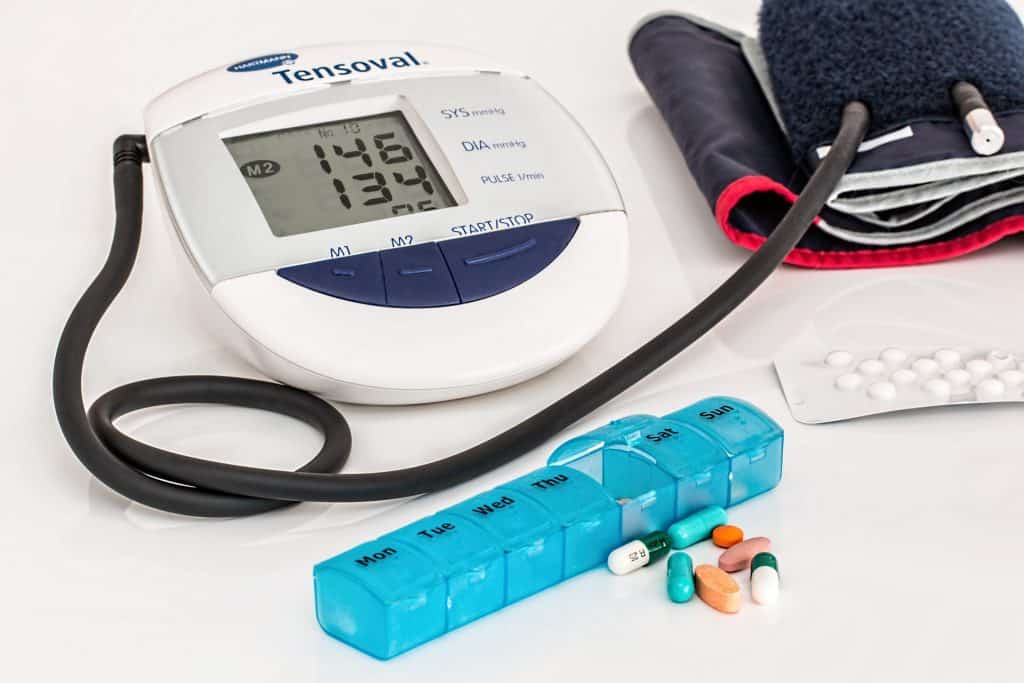Do you ever wonder if you should invest time in planning a New Year’s Resolution this year?
Heading into 2020 should give us the perfect snapshot of what next year will look like, but it’s natural for us to wonder if this mental exercise is really worth the effort.
What the Research Says
We found mixed results for studies showing the certain percentage of people who actually followed through on their resolutions. One report found less than 20 percent of people kept to a resolution after 30 days[1]. The percent of resolution keepers decreased to 8 percent for those who stuck to it a year later.

The Background on Creating Good Resolutions
With that unimpressive research as food for thought, we should remember to spend some time first considering the habits we like and the habits we would like to eliminate. The goal is to increase time spent on healthy or beneficial habits and to decrease time spent on unhealthy or ineffective habits. In this way, we will reflect on how to spend the majority of each day and then build a routine to support our priority activities. We can also seek to reshape our work, home, and social environments to include better supports so we will have more success in the year 2020. If you are still resolved to make new habits for the New Year, try these tips to maximize your chances for success:
1. Set your goals to be reasonable. Moderation is the name of the game. For example, you could focus on writing out a combined meal and exercise plan for the week. You could try to follow through on 2 out of 3 meal plans per day and work out for 1 out of 2 opportunities per week. If you approach it this way, you will succeed some of the time and start to build a better routine that really changes your lifestyle. You will also not have to feel depressed about the times you don’t follow through with the schedule.
2. Remove yourself from potential stressors. One study from the CDC found that the cost of healthcare is 50 percent higher for people who have high-stress jobs[2]. Make your life easier by finding employment that fits your acceptable level of stress and by limiting the commitments you make to other people. This means not accepting social invitations or promising favors to others when you cannot reasonably fit them in to your regular schedule. If time frees up in your day, you can always spontaneously do things for loved ones, friends, or strangers in your busy life.
3. Work with a personal trainer or life coach. Depending on what your goals are, you know that singular motivation is your downfall. You can create goals, but it’s difficult to follow through on them with fidelity. You don’t just need a personal trainer before a wedding or a life coach to complete a career change. You need a person on your side who will challenge you to work past your self-limiting and self-defeating habits. You need someone who can teach you to build more self-confidence from a series of incremental successes. Those are the same kinds of coaches who motivated you when you were a child.

4. Create an action plan. There are certain milestones that all adults should revisit. Women aged 40 and over need a mammogram every year. Adults aged 50 and over need a colonoscopy. We can all get screened for cancer, diabetes, high blood pressure, cholesterol problems, and other risks after middle age through routine bloodwork. We can take precautions to prevent too much stress. This means we commit to eating better and doing some kind of physical activity every day. We can also make regular appointments for chiropractic, massage, or other alternative medicine services which will help us to use prevention as a way to stop diseases and illnesses from ever presenting themselves. You might also need the services of a foot doctor, a day spa, a gym for some yoga or meditation, and to schedule more vacation time through your boss or secretary. Giving yourself regular ways to care for your body and to unwind could drastically improve your daily health.

5. Work your way out of caffeine, alcohol, and tobacco habits. Some people who do have these addictive habits don’t consider themselves to be addicts. The 2017 National Survey on Drug Use and Health estimated 5.7 percent of adults aged 18 and over have alcohol use disorder[3]. But this doesn’t include everyone who believes they don’t have a drinking problem. No one wants to believe their binge drinking or social drinking equates to excessive alcohol consumption. The same could be said about using caffeine and tobacco products. If you can work to wean yourself off of things that help you feel like you’re managing your stress, then you can focus more time on eating and drinking healthy items and do more fun things. Your body won’t be so dependent on addictive habits. It’s also fun to use exercise for more frequent access to increased dopamine levels, which gives you a natural feeling of pleasure, much like eating chocolate.

Do New Year’s Resolutions Really Work? In Summary
A New Year’s resolution is not a miracle any more than a fad diet is. A resolution is a mental construct. It serves as a guideline for changing behavior for the positive or negative benefit of the most important person — YOU. If you can build a reasonable action plan, then you can derive good feelings from small successes. That’s the moderation is key mindset at work, and it’s the hallmark of people who keep their goals, including adults who lost significant weight and didn’t gain it back because they changed their lifestyle for good.
References
1. https://www.forbes.com/sites/justinconklin/2018/12/18/new-years-resolutions-are-for-loserstake-these-4-steps-instead/#6b8f1c445e2c
2. https://www.cdc.gov/niosh/docs/99-101/default.html#Job%20Stress%20and%20Health
3. https://www.niaaa.nih.gov/publications/brochures-and-fact-sheets/alcohol-facts-and-statistics


Tim is the founder of FitAtMidlife.com – an avid gym rat for 30+ years, he’s a reviewer of many, many shoes – and founder of the Speed Bag Gathering – the world’s only gathering of speed bag punching enthusiasts. See more gym reviews at Tim’s YouTube channel.

